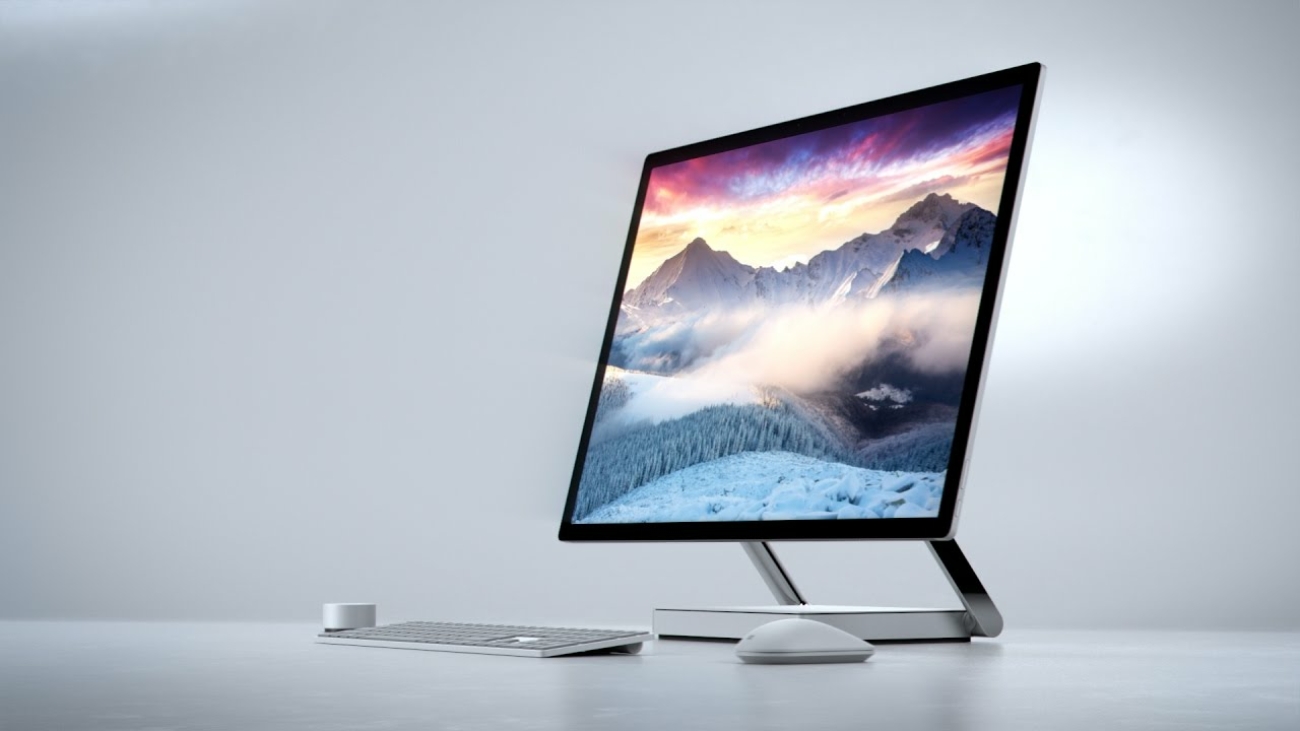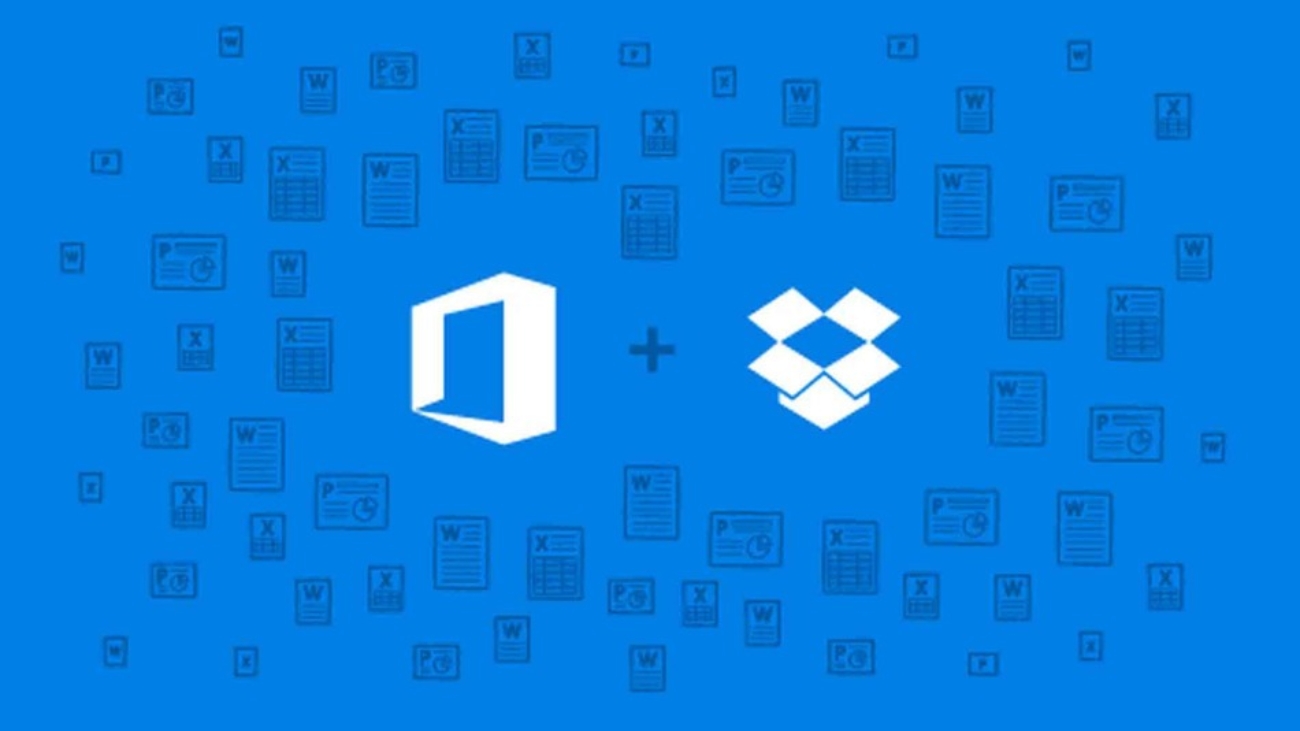Microsoft announced Teams last week, a direct competitor to Slack, and a new component of Office 365. How does it compare to Slack, and where does this leave Microsoft, IBM and Jive?

Stuart McIntyre
Social Business strategist, podcaster, blogger, founder of Social Connections and conference speaker


